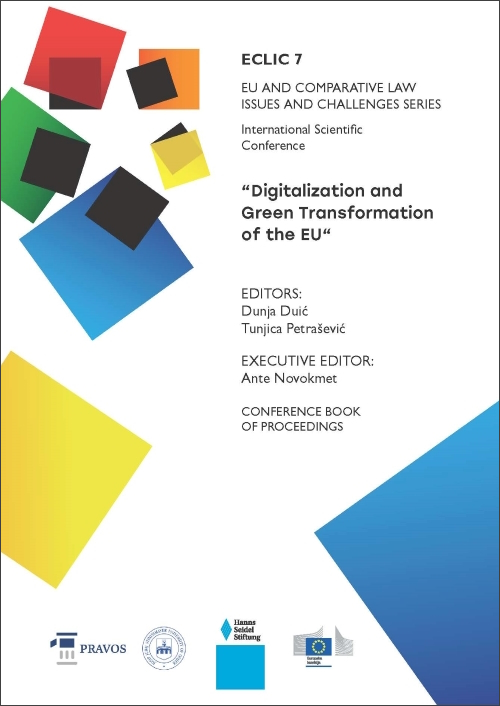FACIAL RECOGNITION TECHNOLOGY IN EU CRIMINAL JUSTICE - HUMAN RIGHTS IMPLICATIONS AND CHALLENGES
DOI:
https://doi.org/10.25234/eclic/27461Abstract
This paper considers the legal justification for the application of various advanced systems of facial recognition technology for the purpose of initiating and conducting criminal proceedings. Therefore, the theoretical foundations and minimum European standards are first analyzed as a basis for the deployment of various facial recognition technology (hereinafter: FRT) systems in practice of law enforcement agencies. Then the legislative framework of selected European countries that have already established certain forms of FRT in criminal proceedings are presented. The experiences and legal consequences of the application of such systems are analyzed, and the first decisions of the judiciary on the admissibility of the results of actions and measures based on FRT as evidence in criminal proceedings are presented. Finally, the existing normative solutions are critically reviewed and, based on common European standards established to protect citizens from the repressive power of state bodies, the minimum conditions that must be met in order to harmonize the use of FRT with the basic principles of contemporary European criminal proceedings are proposed.
Downloads
Published
How to Cite
Issue
Section
License
Copyright (c) 2023 Ante Novokmet, Zvonimir Tomičić, Ivan Vidaković

This work is licensed under a Creative Commons Attribution-NonCommercial 4.0 International License.
Authors retain the copyright on the papers published in the Journal, but grant the right of first publication to the Journal. Papers accepted for publication or already published in ECLIC of the Faculty of Law in Osijek may be published by the author(s) in other publications only with proper notice of its previous publication in ECLIC.


